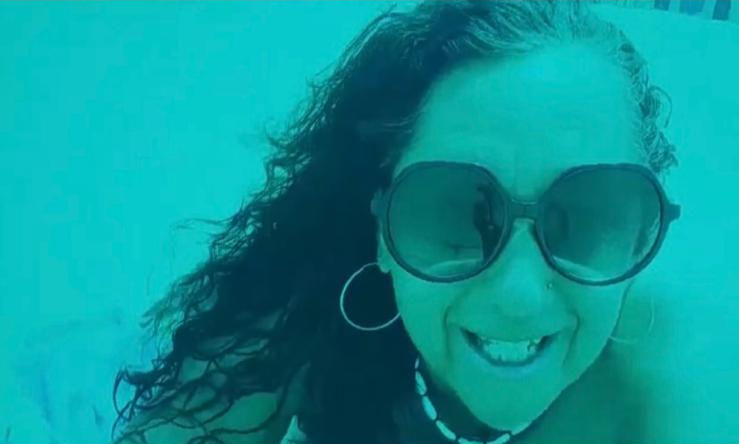FINANCE TALK - Part 6.
- memoriesoflockdown
- Jul 31, 2023
- 3 min read

People say that the national debt is so great that it will never be repaid.
I beg to differ.
The amount of money we pay the government, through taxes, is more than enough to clear the national debt and pay for the NHS, pensions, education and all the other services the government and councils provide.
So where does all our money go?
The majority goes overseas to fund wars, pay the EU and WEF, (World Economic Forum) politicians, the puppet masters and other influential and beneficial people to the government.
Some gets siphoned off and lost in Moneyland – politicians buying assets to utilise once their political career has expired.
Some is given to charities and research companies, such as the Bill & Melinda Gates Foundation.
Some goes towards paying off the national debt - after all the investors do need to be kept happy. The royal family gets a cut too. And a small amount goes towards this country’s infrastructure.
In 2020/21 around £930 billion was re-invested into this country. And to think we pay around £2 trillion in income tax alone each year.
So, how do you feel about paying all those taxes now?
Do you still believe the tax you pay is going back into this country to benefit us, the men and women of the land?
Our government couldn’t give a monkeys about any of us or this country.
Our financial system is a complete mess and is tied to the USA’s monetary system, which is in an even bigger mess than ours. When their financial system collapses ours will follow shortly after it, which is why a lot of people are watching America closely at the moment.
What happens in the US tends to happen in the UK.
Protecting ourselves against what is coming is not going to be easy. I don’t believe anyone can completely protect themselves, but I do believe everyone can do at least a little to help themselves.
Firstly, I would say don’t have all your eggs in one basket. Try and have some of everything – cash, assets and yes, a little digital. As you know the new currency the Government wants to bring in is a digital one, which is not backed by a commodity (so its 'fiat' money) and has no physical presence.
This means:
It does not exist
It is not real
it is controllable.
It can disappear as fast as it appears, leaving no trace of its existence so no proof you ever had it.
It is not money (as it is not physical) but it is currency....and that is important to remember.
Whatever digital funds you have may not be wiped away when the new digital currency comes in. They may just convert it to their own central bank digital currency (CBDC). The conversion rate will almost certainly not be in your favour so don’t expect anything to hold its present value.
It could be that everything will be removed and replaced with the universal credit amount that everyone is supposed to be receiving on a monthly basis in their new system.
Wages are normally paid in a digital format, so you already have digital currency, if you’re employed. They do not take on a physical format and become real until you convert them to cash.
Keep cash!
Cash may not be worth the paper it is printed on, but it still holds a lot of power and influence. People know cash.
People are comfortable with cash and believe it to be worth what is written on it.
Cash will still be accepted while there is confusion. Under the counter trading tends to be done in cash so I don’t think it will completely go away. I do believe cash will remain in one form or another.
Cash is not traceable.
Cash is stopping the banks going into negative interest rates.
Cash is invisible to HMRC, so they don’t like it.
While we’re on the subject of cash let’s briefly talk about banks.
Q: What is a bank?
A: It is a business that stores and trades in money. Anyone can set up a bank. All you need is somewhere to store your money and from which you can trade.
A secure safe or room will be good enough. It’s important to ensure the safe cannot be picked up and walked off with and cannot be easily broken into.
If you choose to look after other people’s money then you may want to put terms and conditions in place, have them sign a contract, and keep a register of the amount of money they have in your bank, which they will also need a copy of.
My advice would be to work as a non-fractionated bank so charging them a storage fee should also be considered as you will need to store all their money and not just some of it.
Comments & Questions Welcome
to be continued ... "Your bank can also home your smaller assets".
Alison Gale
POSTED ABOVE 31 JULY 2023




Comments